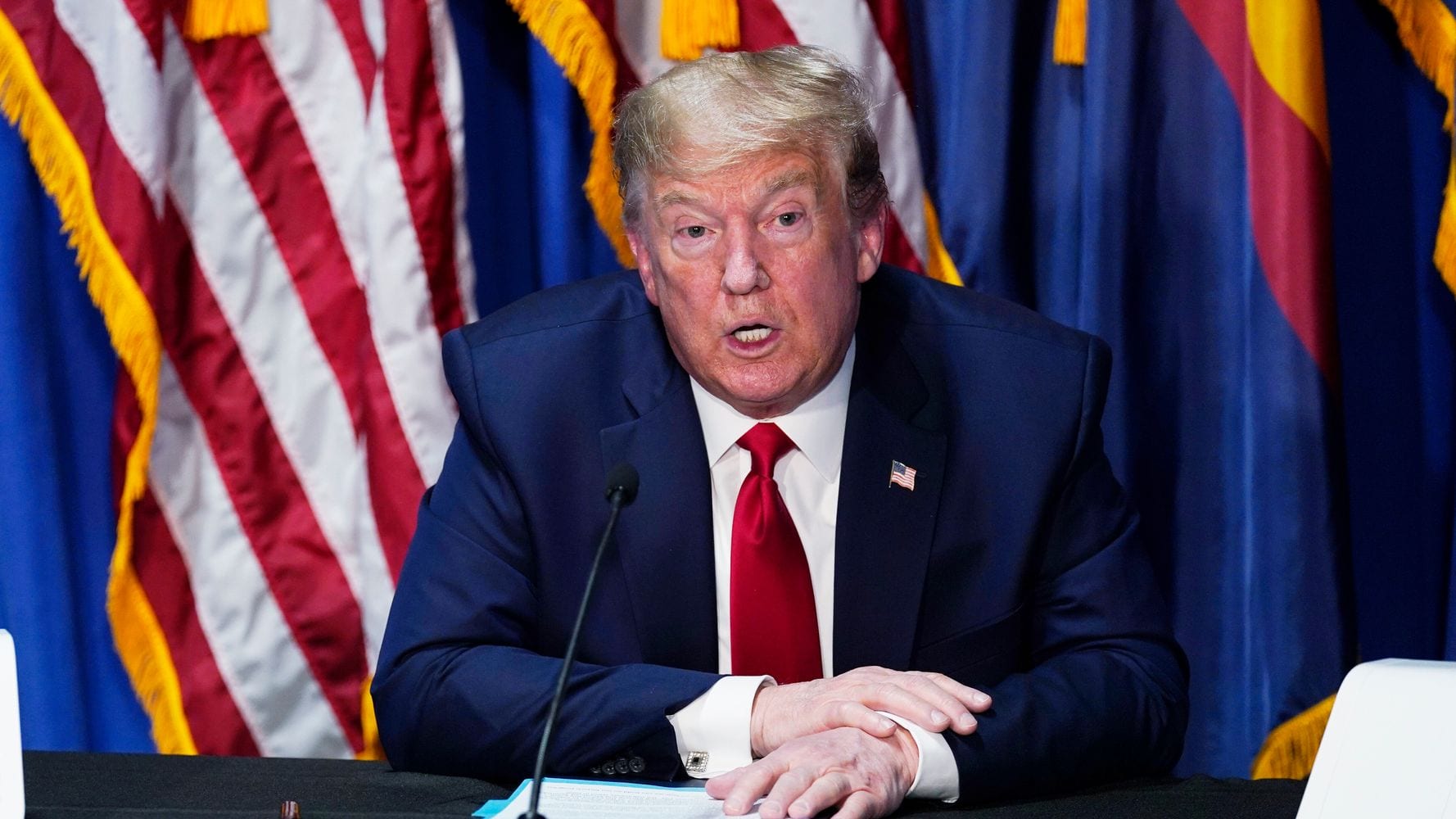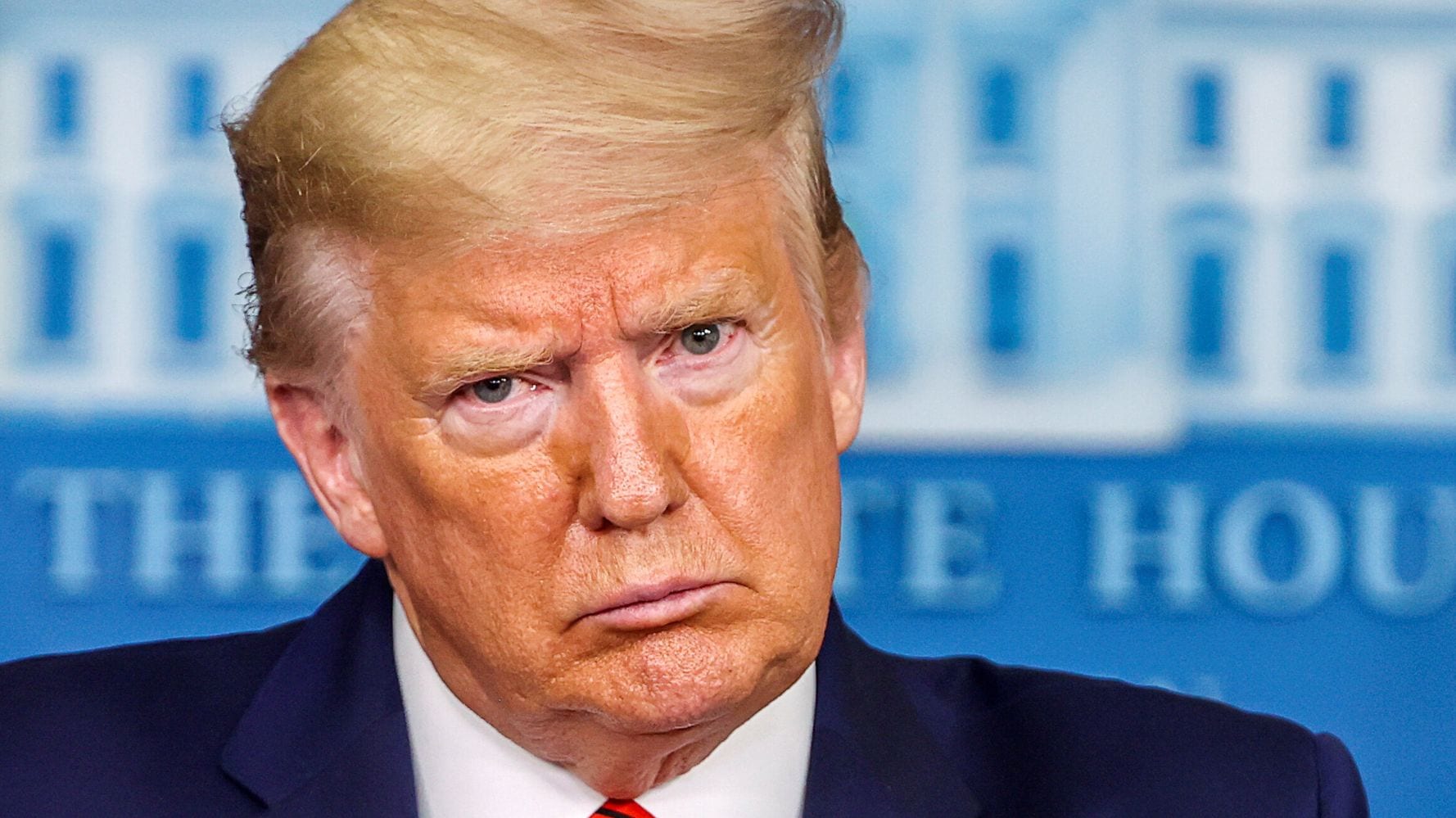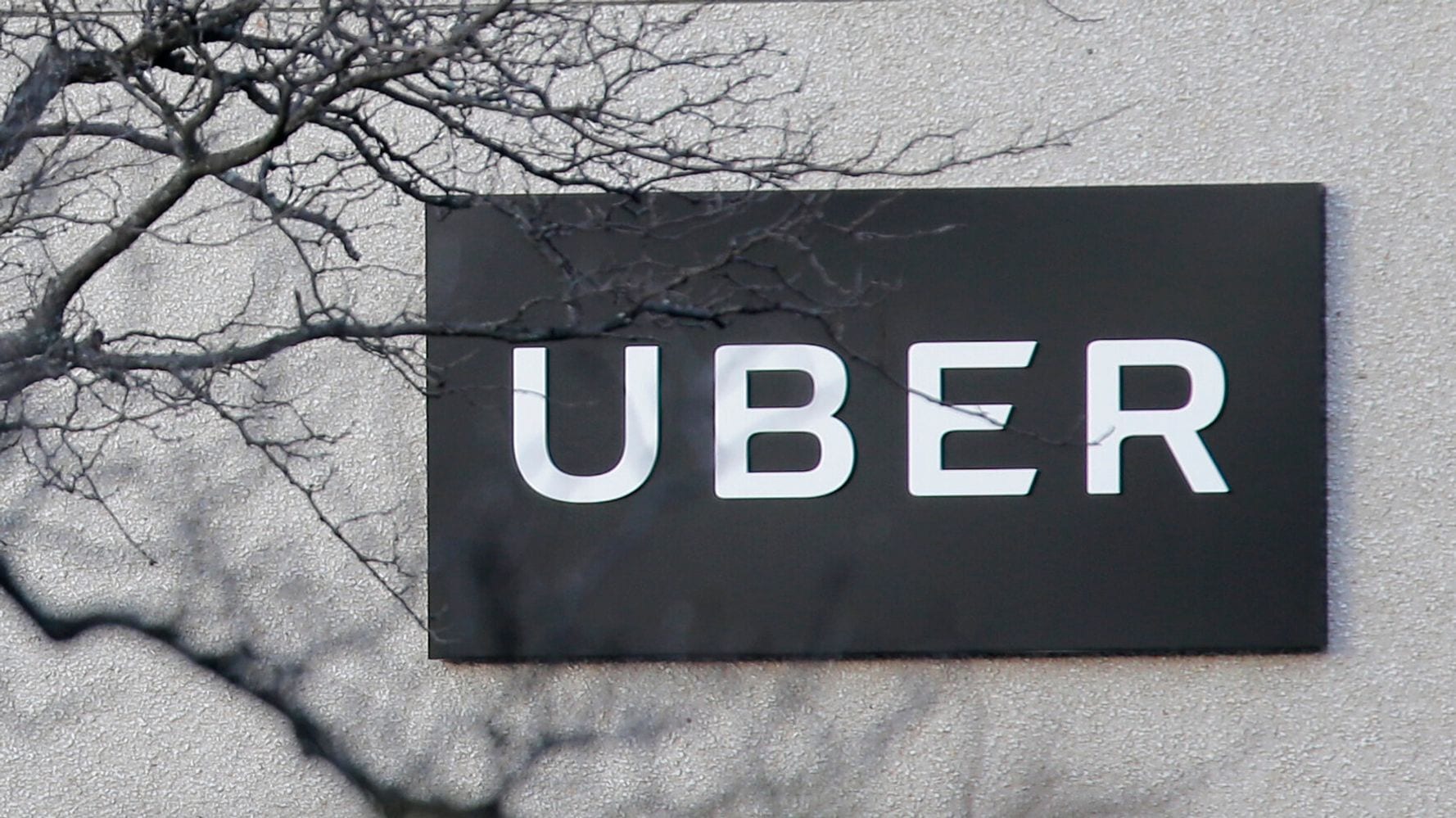[ad_1]
Nurse Mike Gulick was meticulous about not bringing the coronavirus home to his wife and their 2-year-old daughter. He’d stop at a hotel after work just to take a shower. He’d wash his clothes in Lysol disinfectant. They did a tremendous amount of handwashing.
But at Providence Saint John’s Health Center in Santa Monica, California, Gulick and his colleagues worried that caring for infected patients without first being able to don an N95 respirator mask was risky. The N95 mask filters out 95% of all airborne particles, including ones too tiny to be blocked by regular masks. But administrators at his hospital said they weren’t necessary and didn’t provide them, he said.
His wife, also a nurse, not only wore an N95 mask but covered it with a second air-purifying respirator while she cared for COVID-19 patients at Cedars-Sinai Medical Center across town in Los Angeles.
Then, last week, a nurse on Gulick’s ward tested positive for the coronavirus, which causes the disease COVID-19. The next day doctors doing rounds on their ward asked the nurses why they weren’t wearing N95 masks, Gulick said, and told them they should have better protection.

For Gulick, that was it. He and a handful of nurses told their managers they wouldn’t enter COVID-19 patient rooms without N95 masks. The hospital suspended them, according to the National Nurses Union, which represents them. Ten nurses are now being paid but not allowed to return to work pending an investigation from human resources, the union said.
They are among hundreds of doctors, nurses and other health care workers across the country who say they’ve been asked to work without adequate protection. Some have taken part in protests or lodged formal complaints. Others are buying — or even making — their own supplies.
Angela Gatdula, a Saint John’s nurse who fell ill with COVID-19, said she asked hospital managers why doctors were wearing N95s but nurses weren’t. She says they told her that the CDC said surgical masks were enough to keep her safe.
Then she was hit with a dry cough, severe body aches and joint pain.

“When I got the phone call that I was positive I got really scared,” she said.
She’s now recovering and plans to return to work next week.
“The next nurse that gets this might not be lucky. They might require hospitalization. They might die,” she said.
As COVID-19 cases soared in March, the U.S. was hit with a critical shortage of medical supplies including N95s, which are mostly made in China. In response, the CDC lowered its standard for health care workers’ protective gear, recommending they use bandannas if they run out of the masks.
Some exasperated health care workers have complained to the Occupational Safety and Health Administration.
“I … fear retribution for being a whistleblower and plead to please keep me anonymous,” wrote a Tennessee medical worker, who complained staffers were not allowed to wear their own masks if they weren’t directly treating COVID-19 patients.

In Oregon, a March 26 complaint warned that masks were not being provided to nurses working with suspected COVID-19 patients. Another Oregon complaint alleged nurses “are told that wearing a mask will result in disciplinary action.”
One New Jersey nurse who asked not to be named out of fear of retribution, said she was looking for a new job after complaining to OSHA.
“Do I regret filing the complaint? No, at least not yet,” she said. “I know it was the right thing to do.”
Some are taking to the streets.
On Wednesday, nurse unions in New York, Massachusetts, Michigan, Illinois, California, and Pennsylvania scheduled actions at their hospitals and posted on social media using hashtag “PPEoverProfit.”
Nurses at Kaiser Permanente’s Fresno Medical Center in central California demanded more protective supplies at a protest during their shift change Tuesday. The hospital, like many in the U.S., requires nurses to use one N95 mask per day, which has raised concerns about carrying the infection from one patient to the next.

Ten nurses from the facility have tested positive with COVID-19, Kaiser said. Three have been admitted to the hospital and one is in critical care, protest organizers said.
Wade Nogy, a Kaiser senior vice president, denied union claims that nurses have been unnecessarily exposed.
“Kaiser Permanente has years of experience managing highly infectious diseases, and we are safely treating patients who have been infected with this virus, while protecting other patients, members and employees,” Nogy said.
Amy Arlund, a critical care nurse at the facility, said that before the pandemic, following infection control protocols they’re currently using would have been grounds for disciplinary action.
“And now it’s like they’ve thrown all those standards out the window as if they never existed,” Arlund said. “It’s beyond me.”
A HuffPost Guide To Coronavirus
Calling all HuffPost superfans!
Sign up for membership to become a founding member and help shape HuffPost’s next chapter

















